Copyright infringement in the music industry occurs when someone uses, copies, distributes, or performs copyrighted musical works without obtaining proper authorization from the copyright owner. This unauthorized use violates the exclusive rights granted to the copyright holder, which typically include the right to reproduce, distribute, and publicly perform the work.
To combat copyright infringement in the music industry, copyright holders often use the Digital Millennium Copyright Act (DMCA) takedown notices.
Here’s how DMCA takedown notices work in the context of the music industry :
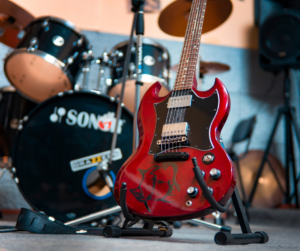
Identification : Copyright holders, such as music artists, record labels, or publishers, monitor online platforms (websites, social media, streaming services, etc.) for unauthorized use of their music.
Removal of Content : Upon receiving a valid takedown notice, the platform is legally obligated to promptly remove or disable access to the infringing content in order to maintain their safe harbor protections under the DMCA.
Counter-Notification : If the uploader of the content believes that their use of the copyrighted material falls under fair use or they have the necessary permissions, they can file a counter-notification. This initiates a process where the copyright holder has to take legal action within a certain time frame to maintain the takedown.
Resolution : If the uploader doesn’t file a counter-notification, or if the copyright holder successfully takes legal action to maintain the takedown, the infringing content remains inaccessible on the platform.
Maximizing the Effectiveness of DMCA Takedown Notices
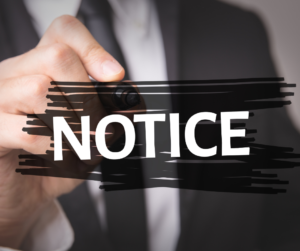
While the DMCA takedown notice is a powerful tool, its efficacy can be enhanced by following a few best practices:
Regular Monitoring : Musicians and record labels should actively monitor online platforms for unauthorized use of their music. This allows them to promptly identify copyright infringements and submit DMCA takedown notices before substantial damage occurs.
Accurate Documentation : While filing a DMCA takedown notice, it’s essential to provide accurate and detailed information, including specific URLs or timestamps identifying the infringing content. This ensures the platform operators can swiftly locate and take down the unauthorized material.
Professional Assistance : Utilizing the services of a specialized DMCA takedown service can streamline the process, allowing artists and record labels to focus on their creative endeavors. These services have extensive experience navigating the complexities of copyright law and can effectively handle takedown requests on behalf of the copyright holders.
DMCA takedown notices provide copyright holders with a relatively quick and efficient way to address copyright infringement on online platforms. However, it’s worth noting that the DMCA process is not without its challenges and controversies. There have been debates about false or abusive takedown notices, the potential chilling effect on free speech and fair use, and the effectiveness of the process against large-scale infringement.
In recent years, the music industry has also been exploring other strategies beyond DMCA takedowns, such as licensing agreements, content recognition technology, and collaborative efforts with platforms to ensure fair compensation for artists and copyright holders while reducing infringement.
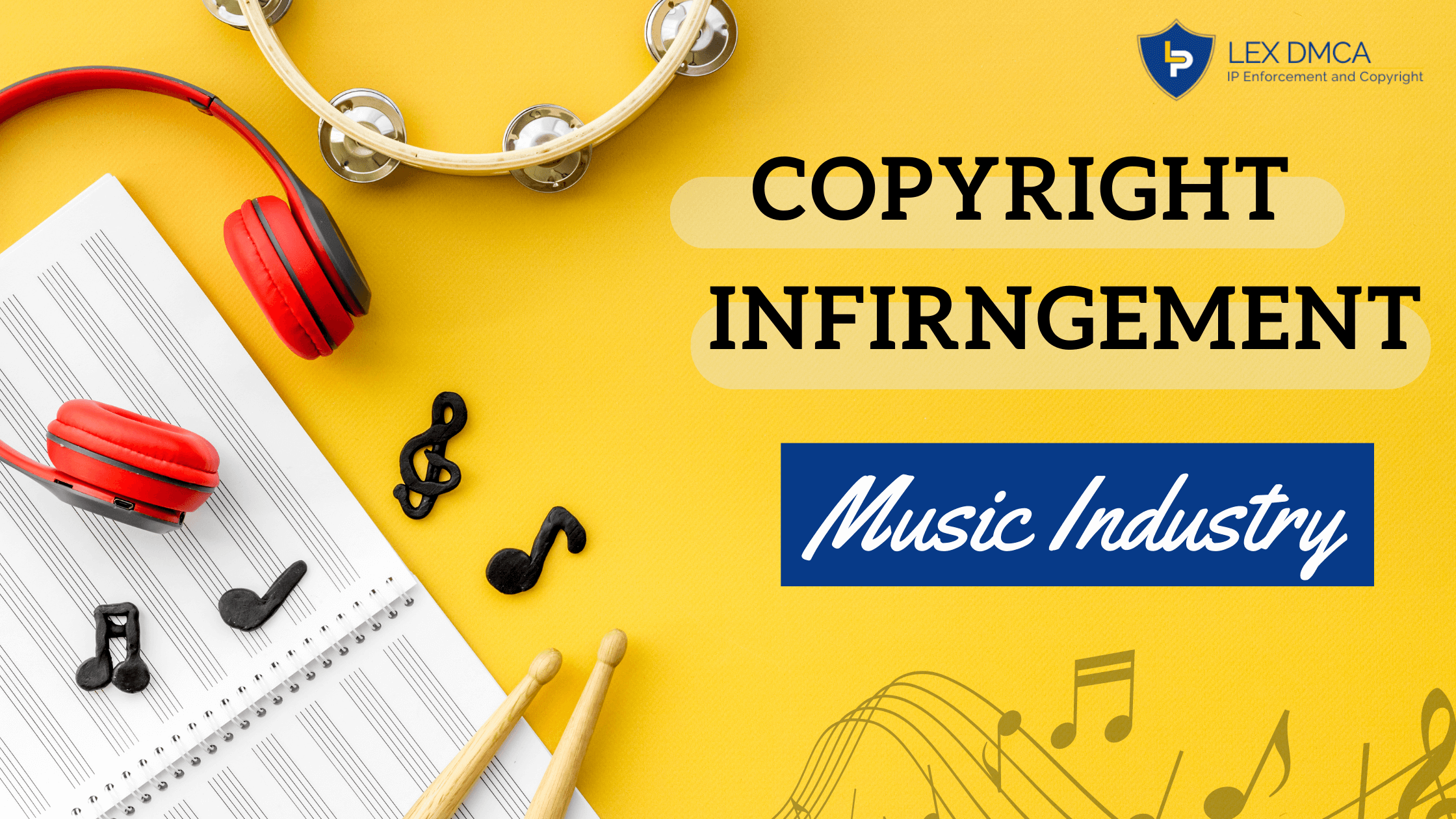


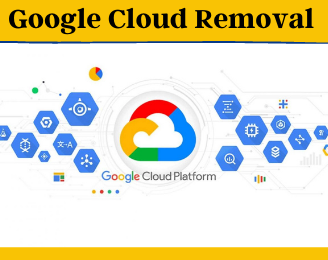
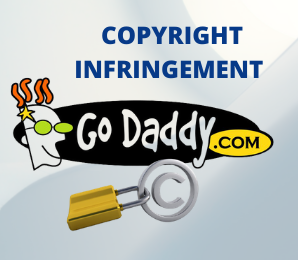

 Mon-Sat 10am-7pm IST
Mon-Sat 10am-7pm IST